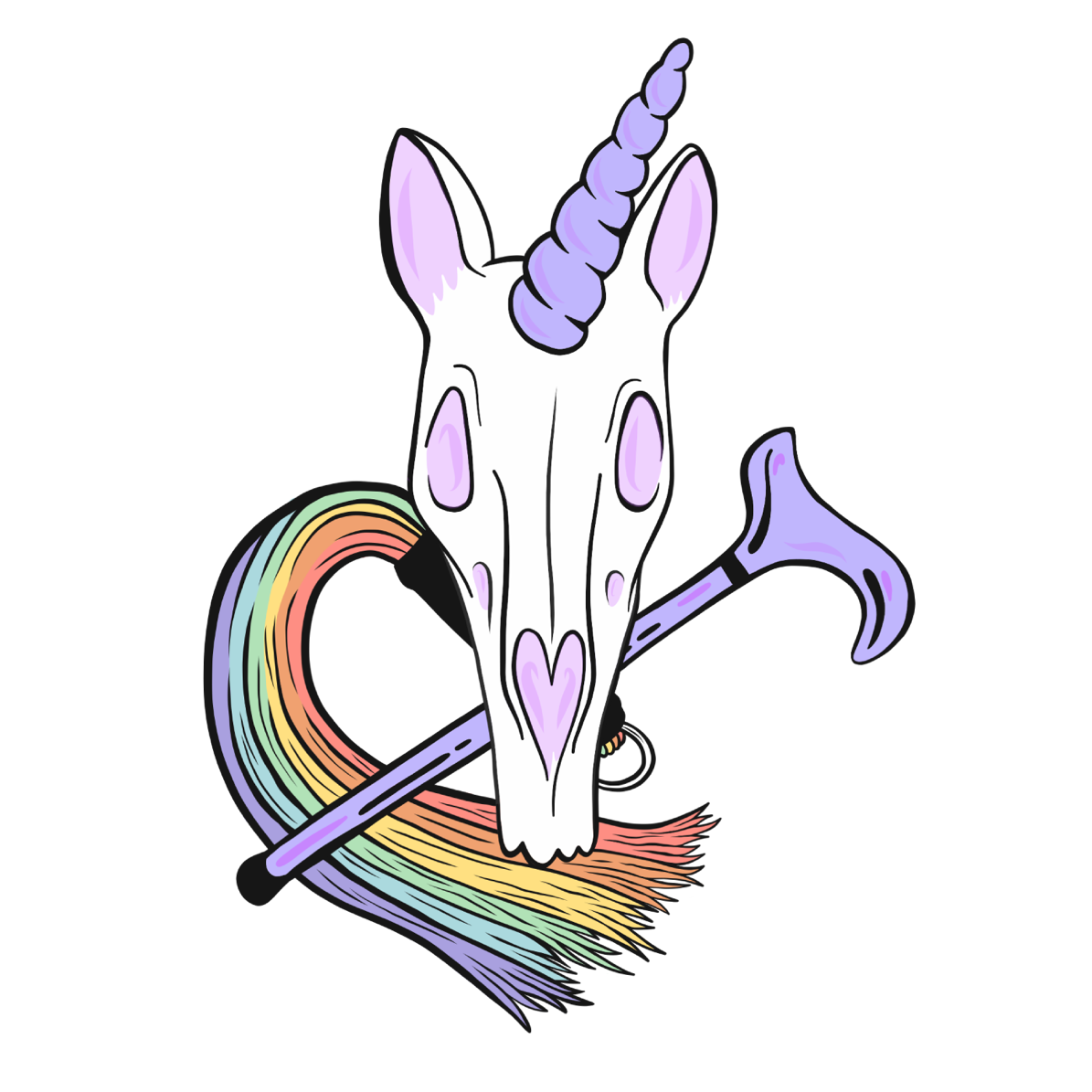Ouch.
This past November, I disappeared again. I dropped off social media, stopped talking to people, and hermit-ed myself up right good and proper. The week of Thanksgiving, my pudendal neuralgia symptoms increased and I panicked. It wasn’t a little increase. By the beginning of December, it became so painful that it was a struggle for me to wear clothing from the waist down for more than a couple of hours per day (long enough to get to a doctor and back).
My doctor tried me on everything she could think of, but I’m overly sensitive to medication. Nothing worked without drastic symptoms: for example, over-the-counter lidocaine gave me lidocaine toxicity with just one application (I ended up in the emergency room with a depressed CNS reaction) and progesterone caused my vaginal prolapse to worsen.
My doctors have always said that I needed to be careful with the pudendal neuralgia because it could get worse. Well, they were right. They’re now saying I have a form of pudendal neuralgia (the different types don’t have names) that is very debilitating and that my symptoms will only continue to progress. There are folks with my form of pudendal neuralgia who are trapped at home, unable to walk, sit, wear clothing around the waist; who can’t have genital-based sex; who need to rely on catheters or ostomies to expel their waste.
Too much, too little, too complicated.
I had to take a three-hour break from writing this because thinking about what this might mean for me fills me with so much fear that I get overwhelmed and I shut down.
Since my hysterectomy, last February, the symptoms of the pudendal neuralgia have been worsening with each month. By last June, I knew that my health was getting more complicated, but I hadn’t yet figured out that there was a pattern. I just knew that I was exhausted from trying to juggle myself between my good days and my bad days. I started withdrawing even more from the remaining folks I interacted with socially. I felt guilty about it, but I don’t anymore — more on that later.
By mid-summer, I started working on DASAN again, which ate up any free time I had left. It was worth it. We won a grant from the Effing Foundation! And right before we got the news, my pudendal nerve quit.
For a few weeks, I tried — I tried to keep being social online and in person, to support my friends and loved ones as they needed, to keep moving forward with DASAN, to keep on top of my medical needs, to keep myself fed, to keep on top of my hygiene, to maintain my apartment (I live alone), to stay on top of all the social services bureaucracy that keeps me alive — and with the increased pudendal neuralgia symptoms, I didn’t make it. I slipped. I fumbled. Then I dropped several of the balls I had been juggling. It was just too much.
Several of my case managers have been working together to try to get me occasional in-home support, akin to a personal aide or a personal care attendant, but because I don’t need hospice care there’s a waiting list. Meanwhile, I’m trying to juggle the best I can, and trying not to ask for help because I’m lousy at asking for help. Lousy at accepting help. And lousy at being much of a friend right now, too — but that one I’ve come to accept, though it saddens me.
Silence is a rhythm, too.
For all the reasons I’ve outlined above, holy shit, I cannot show up for people right now. I haven’t been able to in quite some time. The exceptions are few, treasured, and more or less scheduled in advanced. Someone recently pointed out to me that I have a tendency to do way too much emotional labor [pdf], particularly for someone who isn’t a counselor or therapist or such. I like helping people and I like making people happy, but I’ve been doing it too often at my own expense.
(By the way, fren, in the process of figuring all of this out, I realized that O, SHITE, I’m guess I’m kind of a service sub sometimes! And as you can imagine, that’s giving me some complicated bratty feels.)
I need to take emotionally better care of myself and be more careful with the physically-active time that I have. I need to re-imagine what I want my life to be like as my disabilities progress. I need to accept that I can’t “have it all” and “run on all four burners” and to accept that my life is going to be very different from how I’d like it. I’m learning, and it’s hard, but I’m getting there. It seems like I’m gone, but I’m not — I’m quietly reassessing the rhythms I’ve been fighting for so long.
Like Skeletor’s easter egg at the end of the live action movie credits, “I’ll be back.”

